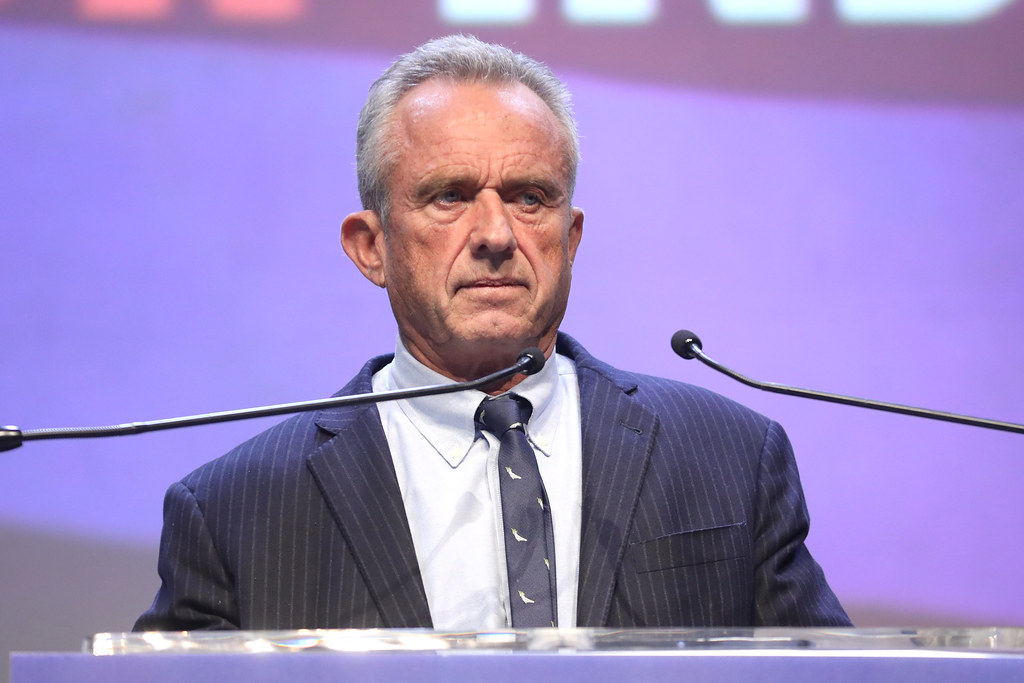
President-elect Donald Trump has nominated Robert F. Kennedy Jr., an anti-vaccine activist and former 2024 presidential candidate, to lead the Department of Health and Human Services (HHS). Kennedy, who endorsed Trump after dropping out of the presidential race, was announced as the nominee via Trump’s social media platform, Truth Social.
Kennedy, 70, has been a controversial figure in public health due to his staunch anti-vaccine stance. He has repeatedly claimed, against extensive scientific evidence, that vaccines are linked to autism. His appointment has ended days of speculation about his potential role in the Trump administration. This nomination is significant as it places him at the helm of an agency that oversees critical bodies like the CDC, FDA, NIH, and CMS, which have been central to the U.S. response to health crises including the COVID-19 pandemic.
Statements from Kennedy and Trump Family
In his social media announcement, Trump lauded Kennedy for his willingness to tackle what he described as deception by the “industrial food complex and drug companies.” On X, Kennedy expressed his vision to leverage science and medicine to end the “chronic disease epidemic.” Donald Trump Jr. also took to X to share the news, highlighting the potential for transformative changes in public health policy under Kennedy’s leadership.
Kennedy’s leadership at HHS could herald significant shifts in public health policy, particularly concerning vaccine regulation and food safety. He has advocated for the removal of fluoride in drinking water and the elimination of ultra-processed foods from American diets, suggesting drastic changes to current health guidelines and regulations.
The nomination has sparked a mix of support and opposition from various quarters:
- Senator Bill Cassidy (R-La.), a physician, has shown cautious optimism about Kennedy’s focus on healthy foods and transparency.
- Senator Ron Wyden (D-Ore.) criticized the appointment, pointing to Kennedy’s “outlandish views” and the potential risks to public health and safety.
Kennedy’s confirmation by the Senate could face hurdles due to his controversial views and the potential for drastic policy shifts within HHS.
The announcement of Kennedy’s nomination led to a downturn in the stock prices of vaccine manufacturers, reflecting investor concerns over possible changes in vaccine policies under his leadership. This could have broader implications for public health and the pharmaceutical industry.
| Aspect | Detail |
|---|---|
| Nominee | Robert F. Kennedy Jr. |
| Position | Secretary of Health and Human Services |
| Notable Views | Anti-vaccine, anti-fluoride, anti-ultra-processed foods |
| Potential Impact | Possible major shifts in public health policy and practice |
| Senate Confirmation | Required, with potential opposition |
Implications of RFK Jr.’s Nomination
The nomination of Robert F. Kennedy Jr. as the Secretary of Health and Human Services is a pivotal moment that could redefine American public health policy. It brings to the forefront the ongoing debate between freedom of choice and public health safety. Kennedy’s anti-vaccine stance, coupled with his proposed radical changes to food and health regulations, poses potential challenges and risks. This nomination highlights the delicate balance between political appointments and their impact on public health strategies. As the Senate considers his confirmation, the outcome will significantly influence the direction of U.S. health policies in the coming years.
Featured image credit: Gage Skidmore via Flickr
Follow us for more breaking news on DMR
